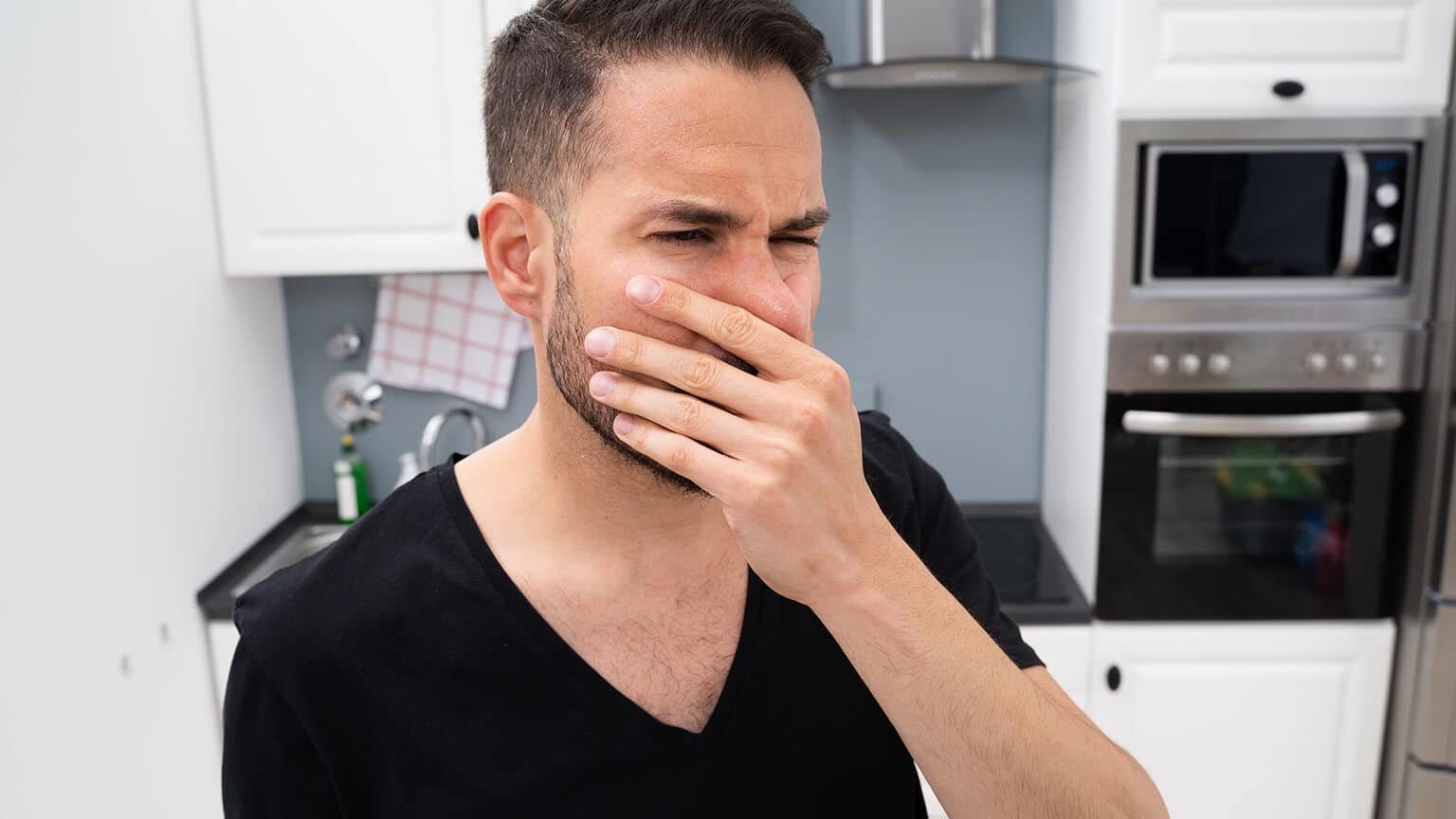What’s That Smell? 5 Reasons Your Basement Has a Musty Odor
A basement should feel like part of your home, not like an old cellar. But if you walk downstairs and notice a musty, damp smell, something is not right. That odor is not just unpleasant. It is a sign that your basement environment may be affecting your air quality, your comfort, and even your health.
At Drycrete, we help homeowners across Massachusetts get to the root of basement moisture problems. Whether your basement is finished or unfinished, that smell is not something you should ignore. In most cases, it is a symptom of an underlying issue that can be fixed.
Here are five common reasons your basement may smell musty, and how the right waterproofing solution can help.
1. Moisture and Humidity Buildup
Basements are naturally prone to moisture, especially in areas like Massachusetts, where heavy rain, snowmelt, and humidity are common. When moisture enters the basement and has nowhere to go, it creates damp air, and that damp air leads to musty odors.
Concrete is porous, which means water can seep through basement walls and floors even without visible leaks. If your basement lacks proper drainage or ventilation, that moisture stays trapped. Over time, it clings to surfaces, soaks into materials, and creates the stale, damp smell many homeowners recognize but do not know how to solve.
A proper basement waterproofing system helps manage moisture at its source. Drainage solutions, sump pumps, and vapor barriers work together to keep the space dry, comfortable, and odor-free.
2. Mold or Mildew Growth
Where there’s moisture, mold is never far behind. A musty smell in the basement often means mold or mildew is already growing, sometimes in places you can’t easily see, like behind insulation, under flooring, or inside foundation cracks.
Mold feeds on organic material like wood, paper, and even dust. Add in a little moisture and poor air circulation, and your basement becomes the perfect place for mold to spread. Along with the smell, mold can also affect your health, especially if anyone in the home has asthma, allergies, or other respiratory concerns.
To get rid of the smell for good, you have to stop the mold at its source. That means eliminating moisture with proper basement waterproofing and installing ventilation or dehumidifiers that keep humidity under control long-term.
3. Old or Damp Insulation
If your basement insulation is exposed, torn, or has absorbed moisture over time, it may be the source of the musty smell. This is especially common with fiberglass insulation, which can trap water and become a breeding ground for mildew, bacteria, and odor.
Even if the insulation looks intact, the smell can build slowly as the material breaks down or stays damp behind walls or ceiling joists. Over time, that musty scent can spread into the rest of your home through shared ductwork or natural air movement.
Fixing the smell means more than just replacing the insulation. A professional inspection can reveal whether moisture is entering through the foundation, floor, or air leaks. Once the source is addressed, adding proper sealing or encapsulation can prevent the problem from coming back.
4. Cracks in the Foundation
Even small cracks in your basement walls or floor can allow moisture and air to seep into the space. That moisture often carries in mold spores, soil gases, and humidity, all of which contribute to the musty smell so many homeowners notice but can’t always trace.
These cracks may form from natural settling, hydrostatic pressure, or freeze-thaw cycles common in New England. While they may seem minor, they create pathways for water and odor to enter your home silently over time.
Sealing those cracks is an important step in any long-term basement waterproofing plan. At Drycrete, we use professional-grade injection methods and wall sealing systems that stop the leak at its source and help restore a clean, dry environment.
5. No Drainage or Dehumidification System
Even the best-built basements are vulnerable without a system to manage moisture long-term. If your home has no sump pump, no interior drainage, and no dehumidifier, moisture can build up silently until it creates a strong, musty odor.
Many homeowners assume that sealing visible cracks is enough. But without a way to move water out and dry the air, the smell often returns. Basements are naturally cooler than the rest of the home, which causes condensation to collect on walls, pipes, and floors, especially during warm, humid months.
The solution starts with the right combination of tools. A full basement waterproofing system may include an interior drain tile, sump pump, vapor barrier, and dehumidifier. Together, these elements keep your basement dry, balanced, and protected year-round.
How Drycrete Can Help
A musty smell is more than just an inconvenience. It’s a warning sign that your basement may be holding on to moisture, mold, or air quality issues that can affect the rest of your home. At Drycrete, we help homeowners across Massachusetts fix these problems at the source, not just mask them.
Our team specializes in full-service basement waterproofing, drainage systems, encapsulation, sump pump installation, and more. We start with a free inspection to identify what’s causing the odor and walk you through the best solution for your home, your health, and your peace of mind.
If your basement smells musty, don’t wait for it to get worse. Contact Drycrete today to schedule your free inspection and take the first step toward a drier, healthier home.

